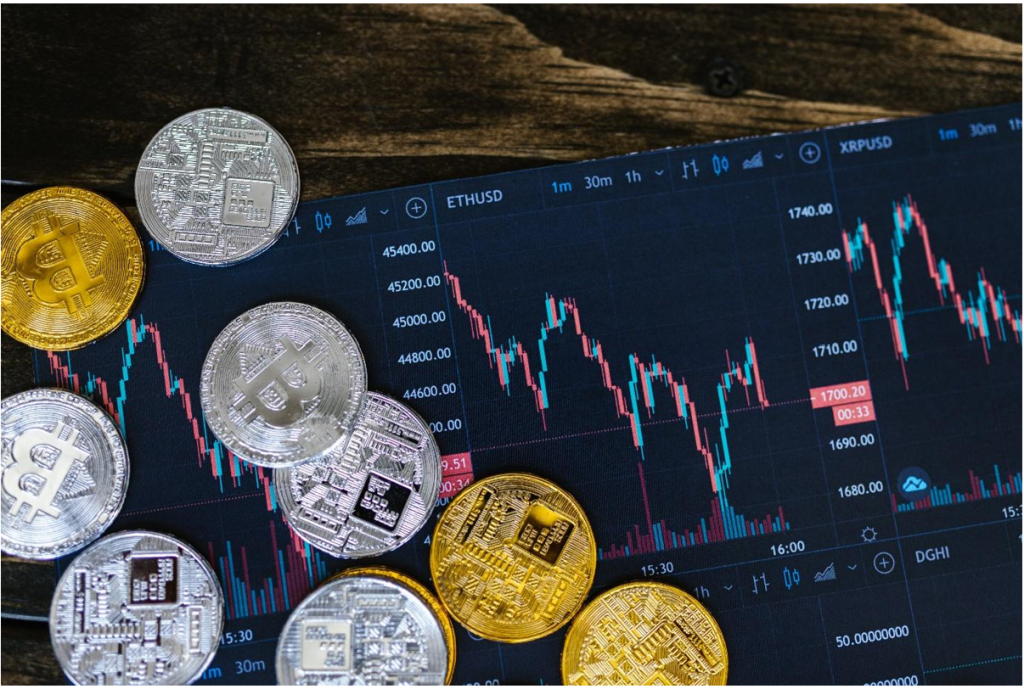Cryptocurrencies are a volatile but exciting asset class. Prices move wildly in both directions, new coins seem to get released every week and the media is full of stories of market chicanery.
If you hold crypto in your portfolio, you’re part of the 28.8% of Australians who invested in this asset class in 2021, according to Statista.
Whether you made or lost money from your crypto investments in the 2021-22 financial year, the Australian Taxation Office (ATO) wants to know about it. Here’s a short summary of the requirements. (Please consult with your accountant for the exact requirements.)
Investing in cryptocurrencies
If you buy crypto assets and hold them for the long-term, they get treated like any other investment. Your gain or loss at the point you cash out is treated as a capital gain or loss, just as if you were to buy an investment property and sell it years later.
The normal rules and exemptions for capital gains also apply.
Trading in cryptocurrencies
If you trade cryptocurrencies regularly, the cryptocurrencies become your trading stock and your gains become ordinary income as with any other business. In this case, you might be able to deduct your other trading expenses from your income.
Personal use assets
If you use cryptocurrencies short-term for personal use, they may be treated like any other cash transaction. For example, if an online store only accepts Bitcoin, then buying Bitcoin to shop there is treated as a method of payment. But only if the item you buy is for personal use and costs less than $10,000.
However, if you buy Bitcoin and don’t spend all of it, then the unspent portion becomes an investment asset.
Mining cryptocurrencies
If you mine or forge for cryptocurrencies, the extra coins you obtain are considered income and must be declared. The same applies to any rewards or incentives you receive in this regard.
This will also apply if you receive cryptocurrencies for free, such as with airdrops (when the creators give away free tokens to create awareness and popularity).
If you receive the tokens before trading starts, their value is set to zero and this value is used to calculate your capital gain or loss when you dispose of them.
Non-fungible tokens (NFTs)
For tax purposes, NFTs (digital assets) are treated the same as cryptocurrencies.
Record-keeping
This is where you’re going to have to do a lot of work to keep the ATO happy. They consider every transaction to be its own event. Therefore, it is necessary for you to keep an accurate and complete record of every transaction you make – or to use an app that does that for you. This includes:
- Date of the transaction
- Digital wallet records and keys
- Exchange records
- Receipt for the transaction
- Records of the agent, accountant and legal costs
- Software costs you incur to trade in these currencies
- Value of these transactions in Australian dollars at the time of the transaction
- What the transaction was for
- Who you transacted with and their address – which can be their crypto asset address
You must keep these records for five years, preferably in English. The records must be typed or written; for example, you can export the data from an app and save it or keep your own notes on a spreadsheet.
This is general advice only. Please consult an accountant for personal advice about your individual situation.

